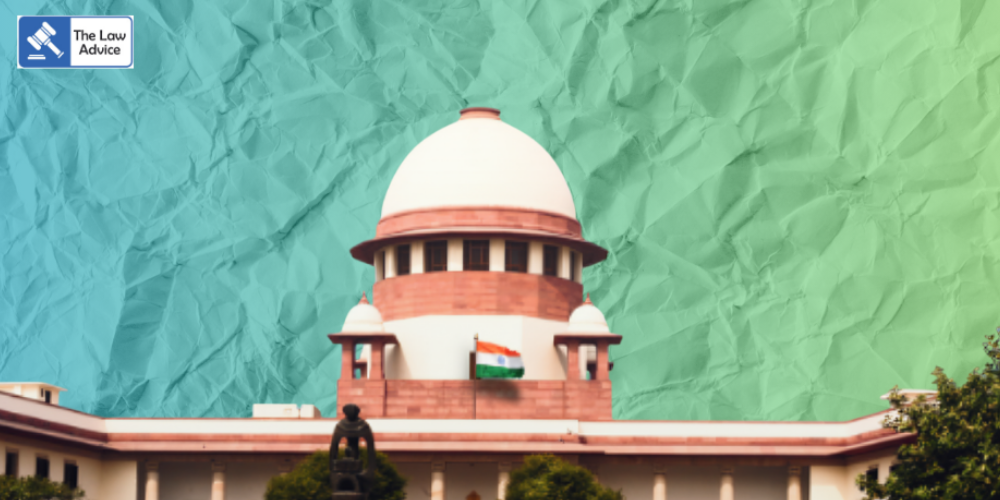
The Supreme Court on Wednesday referred to a three-judge bench the significant question of whether High Courts can directly entertain anticipatory bail applications without the applicant first approaching the Sessions Court.
A division bench comprising Justice Vikram Nath and Justice Sandeep Mehta passed the order while hearing Mohammed Rasal C. v. State of Kerala, directing that the matter be placed before a larger bench for authoritative determination.
The issue arose after the bench, in September 2025, took note of the Kerala High Court’s practice of directly hearing anticipatory bail pleas. While acknowledging that Section 438 of the Code of Criminal Procedure (now Section 482 of the Bharatiya Nagarik Suraksha Sanhita, 2023) grants concurrent jurisdiction to both Sessions Courts and High Courts, the Supreme Court observed that anticipatory bail should ordinarily be sought first before the Sessions Court, with direct recourse to the High Court reserved for exceptional or extraordinary circumstances.
To assist the Court, Senior Advocate Siddharth Luthra was appointed as amicus curiae. In his report submitted last month, Luthra opined that High Courts should directly entertain such pleas only in four narrowly defined exceptional situations. During Wednesday’s proceedings, Luthra suggested that the issue requires consideration by a larger bench to ensure clarity and consistency across jurisdictions.
The Court also noted that the Kerala High Court Advocates Association (KHCAA) had moved an application to be impleaded in the matter, represented by Senior Advocate S. Nagamuthu.
Accepting the submissions, the bench ordered that the case be placed before a three-judge bench for a conclusive ruling.
“This matter requires to be heard by a three-judge bench. As and when the bench is constituted, the case may be listed accordingly,” the order stated.
Case Title: Mohammed Rasal C. & Anr. v. State of Kerala & Anr.
Case No.: SLP (Crl.) No. 6588/2025
Website designed, developed and maintained by webexy